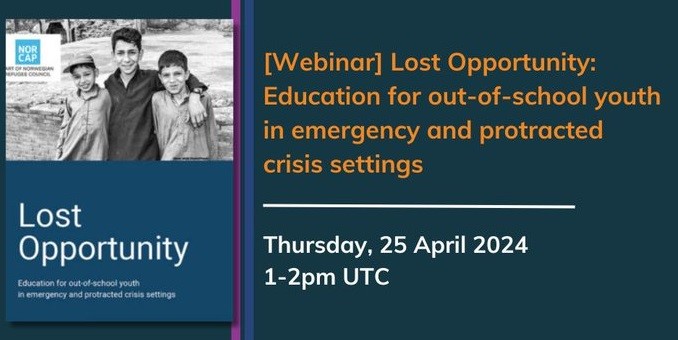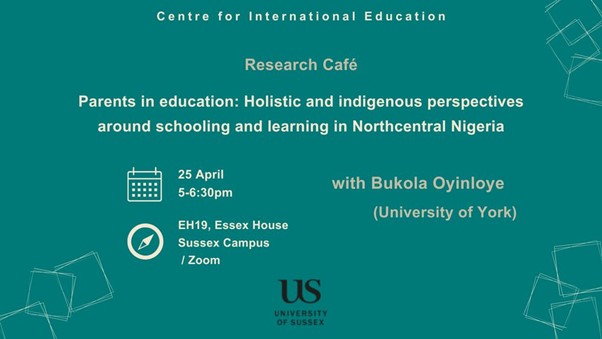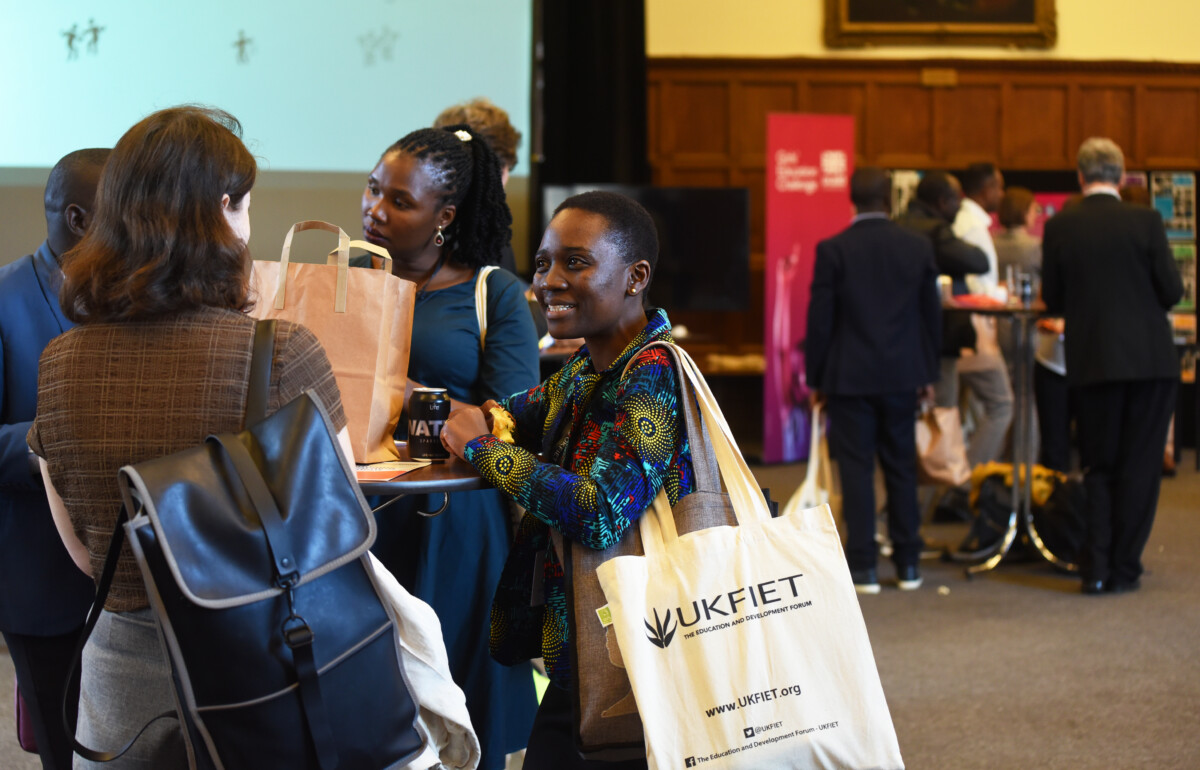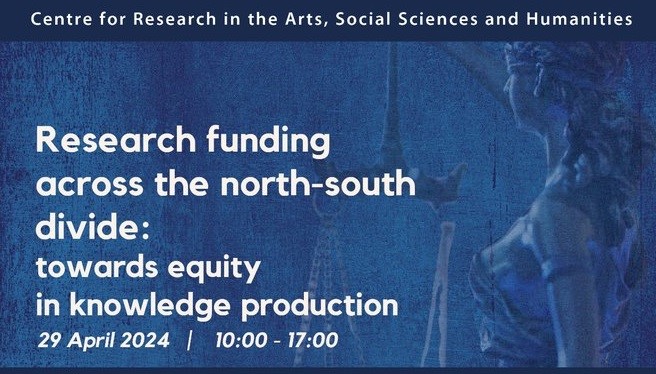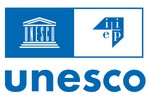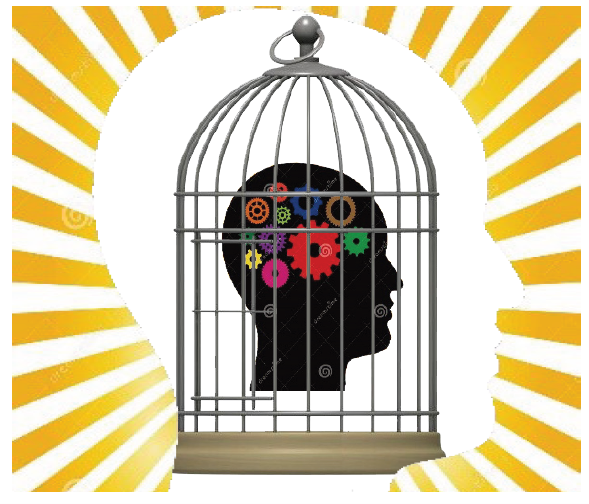
Online: Zoom: https://universityofsussex.zoom.us/j/95271790156
Speaker: Professor Relebohile Moletsane, University of KwaZulu-Natal
Part of the series: CIE Research Cafés Autumn Term 2021: Knowledge, Society and Difference
 In many communities, unequal gender norms and practices make girls and young women vulnerable to gender-based violence, including sexual violence. The social ecologies of such gender norms are often characterised by taboos that silence intergenerational dialogue and debate about sex and sexuality. Boys and girls are left to negotiate their lives in the context of this violence without social support. Using two community case studies from a recently completed project with girls in two rural communities, I explore how intergenerational collaboration between adult researchers enabled girl-led activism against gender-based violence, including sexual violence.
In many communities, unequal gender norms and practices make girls and young women vulnerable to gender-based violence, including sexual violence. The social ecologies of such gender norms are often characterised by taboos that silence intergenerational dialogue and debate about sex and sexuality. Boys and girls are left to negotiate their lives in the context of this violence without social support. Using two community case studies from a recently completed project with girls in two rural communities, I explore how intergenerational collaboration between adult researchers enabled girl-led activism against gender-based violence, including sexual violence.
Secondly, I examine how the use of participatory visual methods helped to mobilise the community to challenge the unequally gendered social ecologies in families, communities, and institutions.
Finally, I reflect on how these two case studies illustrate potentially effective strategies that might help in transforming unequal gender norms and reduce gender-based violence.
About the series:
This series of seminars brings together researchers who explore the production of identities and difference within a range of contemporary institutions and societies.
Highlighting the work of power/knowledge (education), they each challenge the normative imperatives of modernity that continue to frame everyday life across the globe. They interrogate hierarchies and histories of difference through which intersecting identities (gender, race, sexuality, class, caste, religion, work etc.) are constituted and exclusions are actualised and legitimated.
This series offers space for critical reflections on the colonial traces that infuse dominant discourses of education, citizenship and development.

